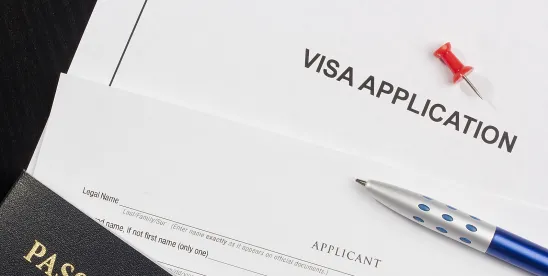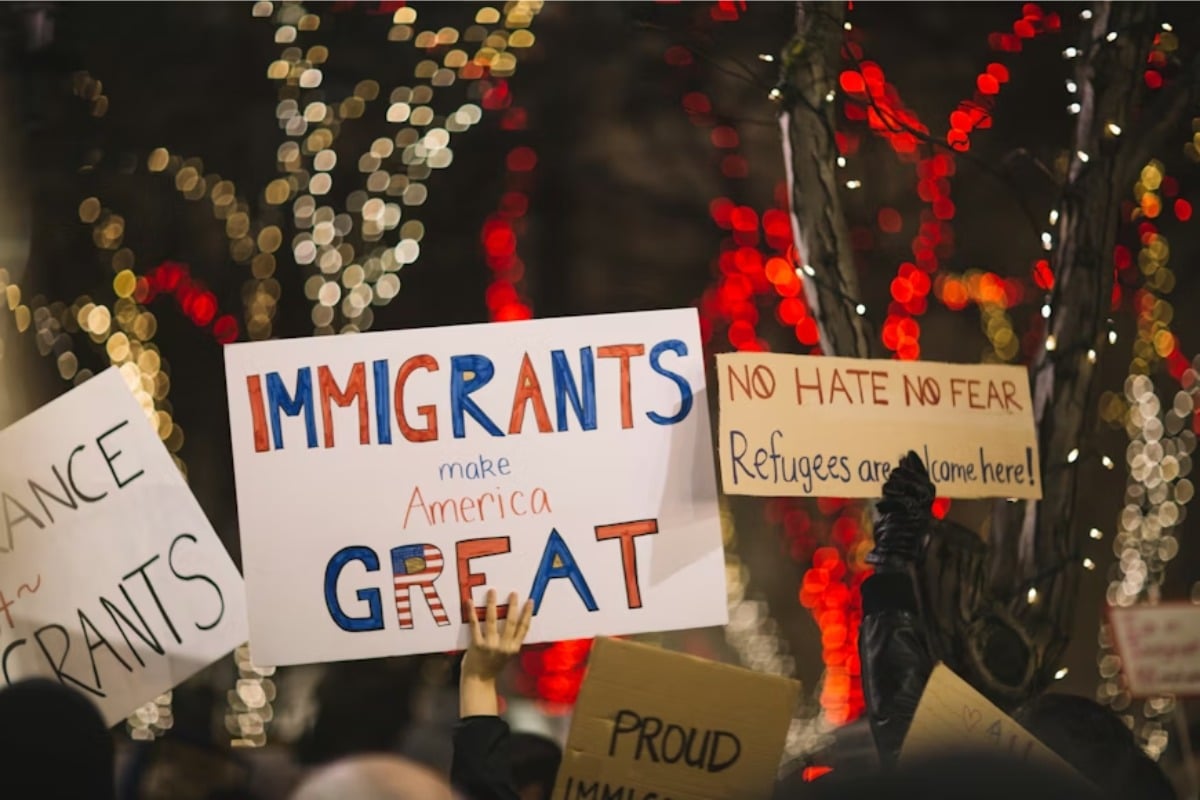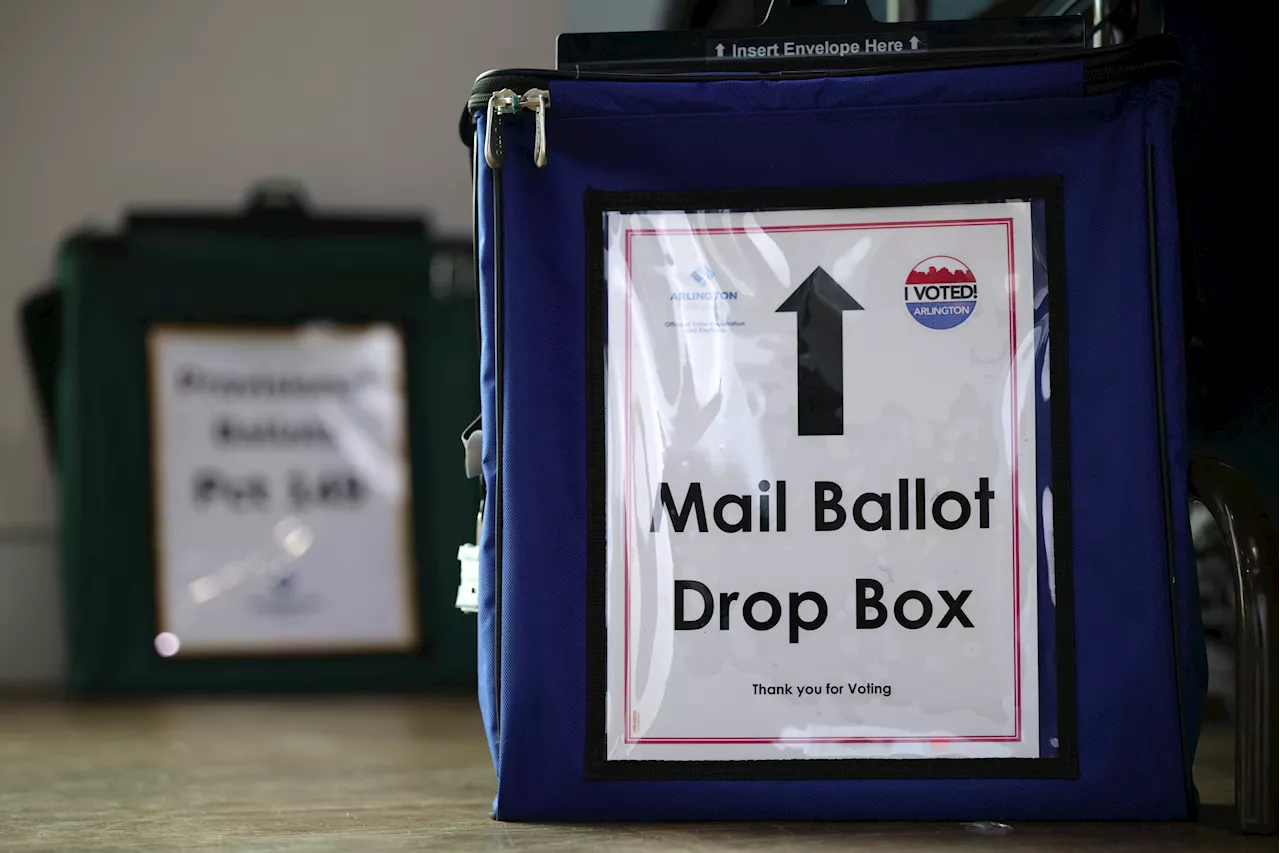
U.S. consular posts have introduced a new procedure requiring that B-1 in lieu of H-1B visa applications undergo an additional review by the U.S. Department of State’s Visa Office in Washington, D.C., before approval. This shift signifies a more centralized evaluation process aimed at curbing potential misuse of this specific visa category, which permits foreign professionals to undertake short-term assignments in the United States while remaining employed by a foreign company.
The B-1 in lieu of H-1B classification has historically allowed professionals from abroad to engage in professional activities in the U.S. without entering the local labor market. Under this classification, the individual must be employed and compensated by a foreign entity, ensuring that their work in the U.S. does not affect the domestic labor environment.
As of September 21, 2025, the introduction of a $100,000 “Visa Integrity” fee for new H-1B petitions has raised concerns among U.S. officials. There is apprehension that some employers may attempt to circumvent this fee by using the B-1 in lieu of H-1B classification as an alternative route. This could potentially allow individuals to enter the U.S. under the B-1 classification and later apply for an H-1B change of status while in the country, evading both the fee and the intended screening process associated with the H-1B visa.
New Review Process Enhances Scrutiny
To address these concerns, the Department of State has mandated that consular officers forward B-1 in lieu of H-1B applications to the Visa Office for final approval. This additional level of scrutiny means that consular officers can no longer issue visa stamps until they receive clearance from the Visa Office. The Visa Office will evaluate whether applications adhere to the strict requirements of the classification and determine if there are indications of an attempt to bypass H-1B requirements or the new fee.
As a result of this procedural change, applicants can expect increased processing times and a more thorough examination of their submissions. Employers intending to send professionals to the U.S. for short-term assignments should carefully consider whether their proposed activities align with the permissible parameters of the B-1 classification or whether pursuing an H-1B petition, complete with the necessary fee, is more appropriate.
Implications for Employers
This procedural update highlights the U.S. government’s commitment to ensuring compliance with visa regulations and the appropriate use of various visa classifications. Employers are encouraged to reevaluate their immigration strategies with the following considerations in mind:
While the B-1 in lieu of H-1B option remains a viable alternative, it is now subject to enhanced oversight. Companies should reserve this classification for very specific circumstances and explore alternative immigration pathways when feasible. By doing so, employers can better navigate the complexities of U.S. immigration law while ensuring compliance with the latest regulations.







